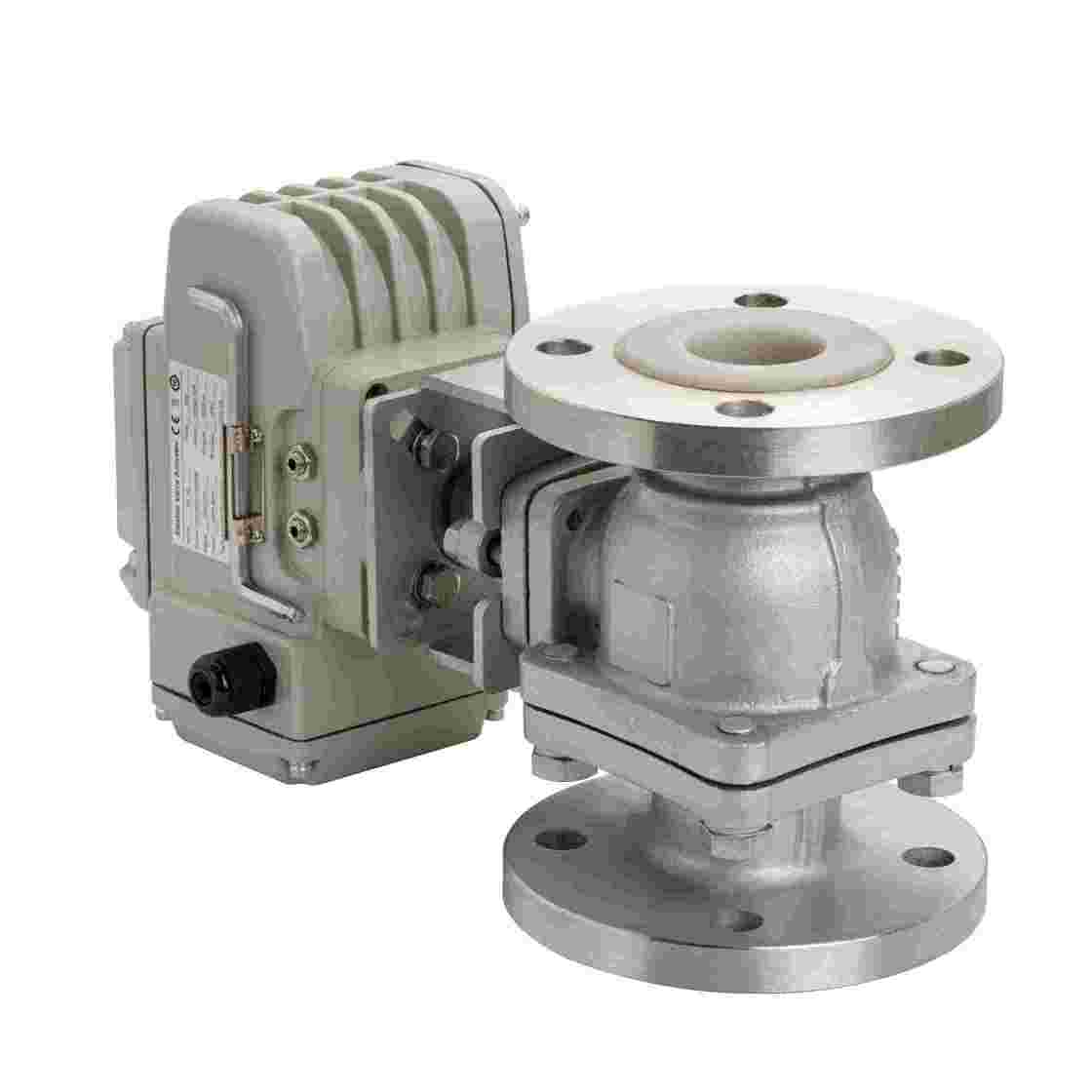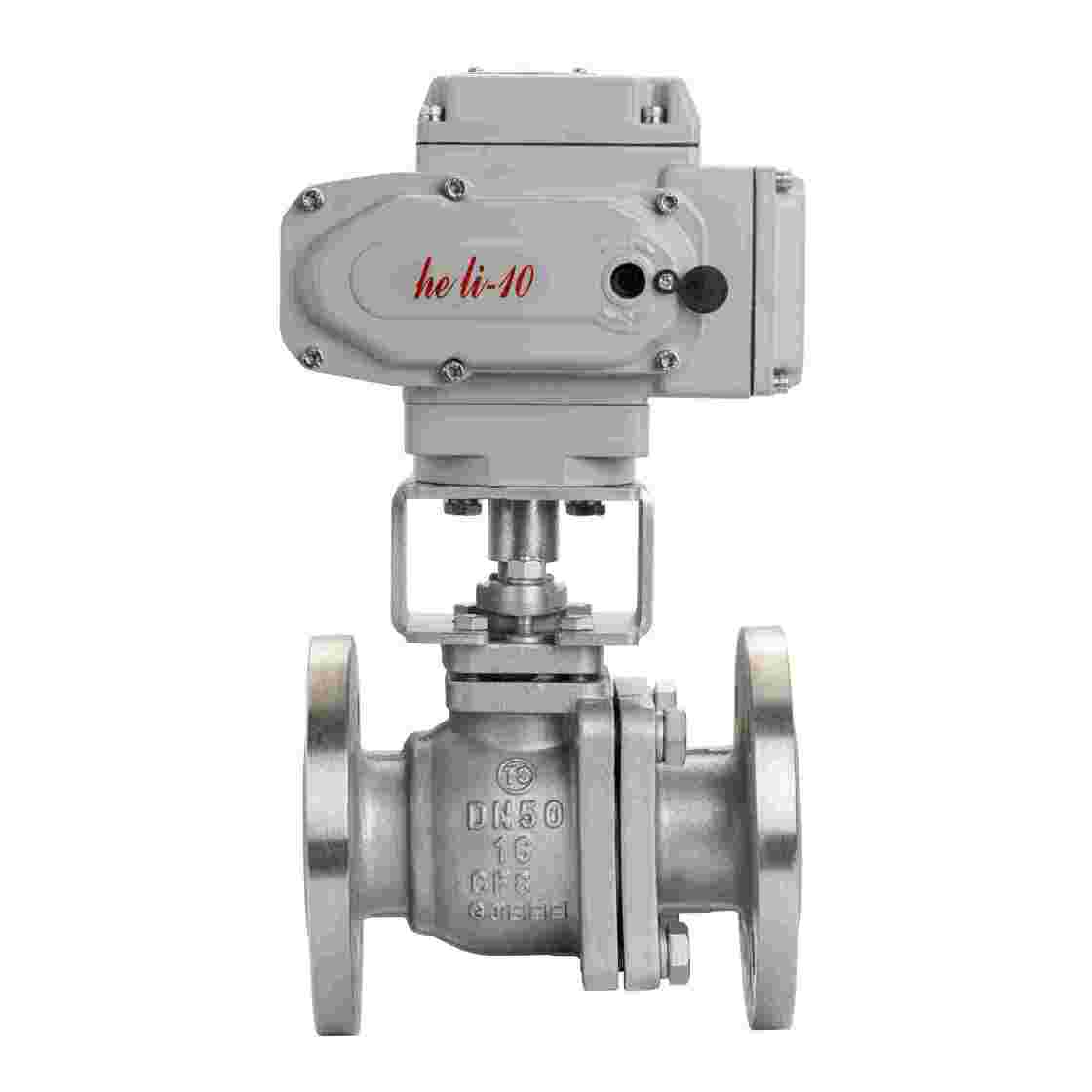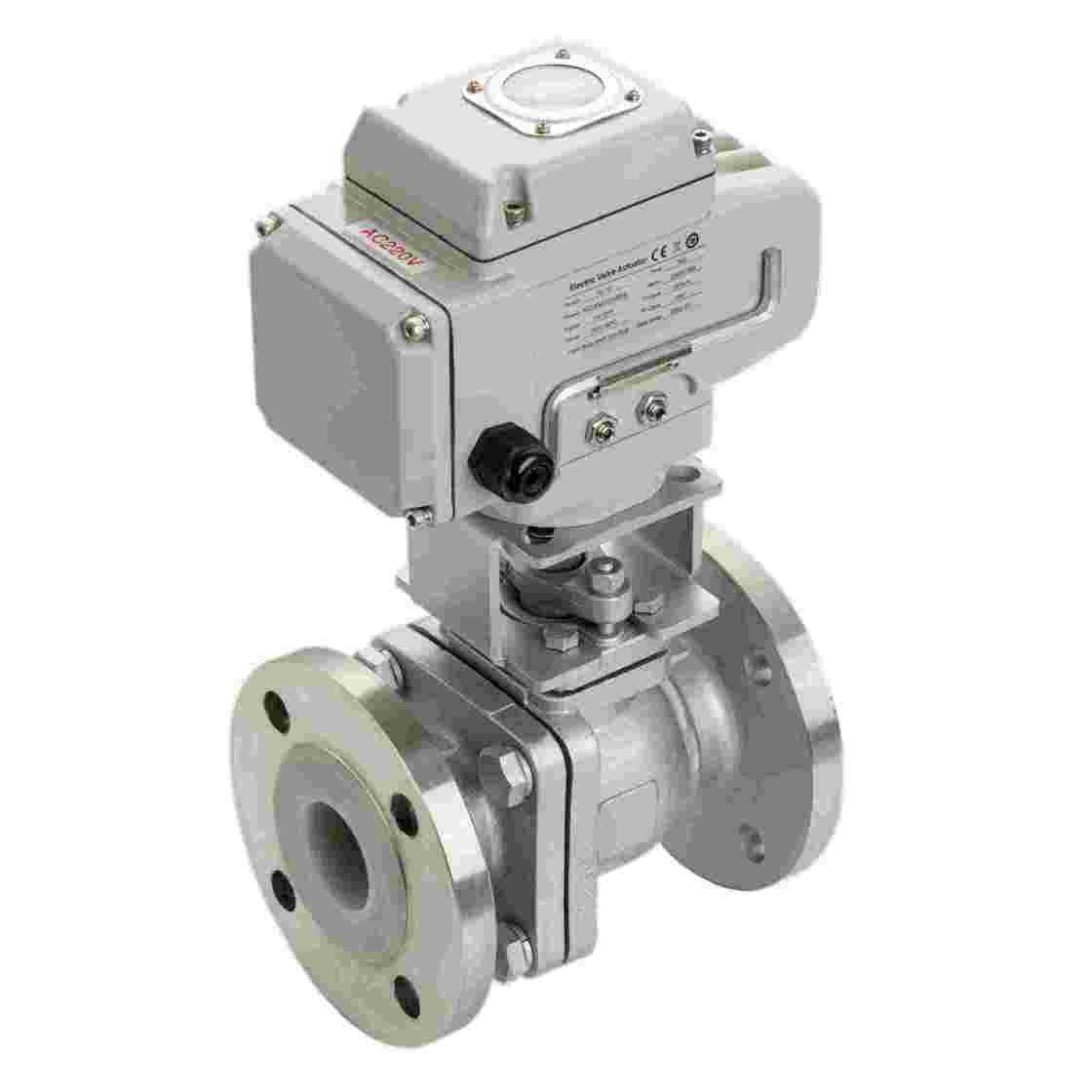

Ball valves are widely recognized for their ability to control the flow of liquids or gases through pipes. Their simple, yet effective mechanism consists of a spherical closure element that rotates within the valve body to control the flow of materials. This basic design allows for rapid open/close actions, providing excellent sealing properties and minimal leakage. However, in industries dealing with corrosive substances, the material of the ball valve must be able to withstand harsh environments without degrading over time.
Lithium Battery-Powered Electric Actuation
Traditionalall valves typically rely on manual operation or pneumatic/hydraulic systems to control flow. However, the Lithium Battery Electric Anti-Corrosion Ball Valve revolutionizes this design by integrating lithium battery-powered electric actuators. Lithium batteries are known for their long life and high energy density, making them an ideal power source for actuators in remote locations or for applications requiring low maintenance.

b In today’s industrial landscape, efficient flow control systems are essential for ensuring the smooth operation of processes in sectors ranging from oil and gas to chemical manufacturing. The introduction of Lithium Battery Electric Anti-Corrosion Ball Valves represents a significant advancement in the technology of fluid control systems. These valves combine the reliability of ball valve design, the precision of electric actuation, and the durability of anti-corrosion materials, providing industries with a solution that enhances both operational efficiency and system longevity.
The Role of Ball Valves in Industrial Systems